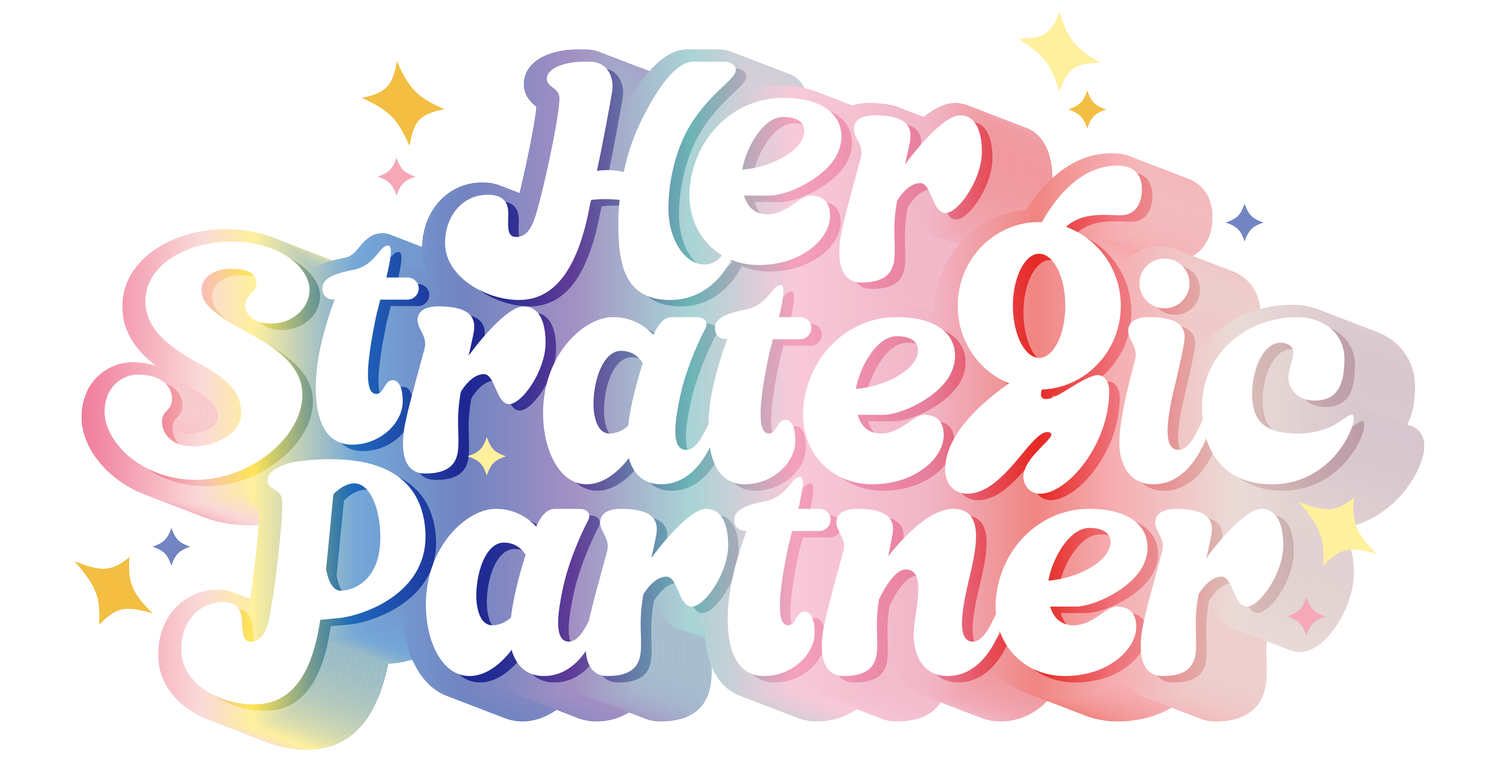Understanding the Differences: Client Relationship Management vs Project Management Tools
Businesses today have a plethora of tools at their disposal, each designed to streamline various aspects of operations. Among these, Customer Relationship Management (CRM) systems, project management tools, and data management tools are crucial for maintaining efficiency and organization. Let’s delve into the distinct functionalities and benefits of each, providing clarity on how they can best serve your business needs.
What is a CRM?
A CRM, or Customer Relationship Management software, is designed to manage a company’s interactions with current and potential clients. At its core, a CRM helps businesses streamline processes, build customer relationships, increase sales, and improve customer service.
Key features typically include:
Contract Signing and Invoice Sending: These features are essential for handling legal and financial interactions smoothly and efficiently.
Tracking the Client Lifecycle: From the initial lead generation to client offboarding, a CRM keeps track of all stages of the customer journey.
Questionnaires and Notes: CRMs help collect detailed client information and maintain records of interactions, ensuring personalized and informed communication.
Referral Tracking: Knowing who referred clients to your business can be crucial for understanding and optimizing your referral sources.
One notable example is Dubsado, a robust CRM platform that offers features including invoicing, contract management, and automation. Even at the starter plan level, Dubsado provides essential functions such as sending invoices and contracts, making it a comprehensive tool for managing client relationships effectively.
What is a Project Management Tool?
Project management tools are designed to help teams plan, execute, and track the progress of projects. They are particularly useful for organizing tasks, deadlines, and responsibilities within a team. Popular tools include Trello, Asana, Monday.com, and ClickUp.
Key functionalities typically include:
Task Management: Creating and assigning tasks to team members, ensuring everyone knows their responsibilities and deadlines.
Project Tracking: Monitoring the progress of various projects helps in identifying bottlenecks and ensuring timely completion.
Scheduling: Planning timelines and setting deadlines keeps the project on track and helps in resource allocation.
While some users attempt to use project management tools as CRMs by integrating forms and tracking client interactions, these tools generally lack built-in features for contract signing and invoicing. They are best suited for managing the workflow and collaboration within teams.
What is a Data Management Tool?
Data management tools are designed to handle large sets of data, allowing for storage, organization, and analysis. These tools are often used to manage information that is critical for decision-making processes within a business.
Examples include Airtable and Notion:
Airtable: Essentially a more powerful version of Google Sheets, Airtable allows users to create databases that can handle complex data structures, making it ideal for businesses that need to manage extensive and detailed information.
Notion: Known for its flexibility, Notion can be used for note-taking, database management, project management, and more. However, both tools require a learning curve to fully utilize their capabilities.
Data management tools are excellent for businesses that need to organize and analyze large volumes of data. They provide advanced features for handling and integrating various types of information, making them indispensable for data-driven decision-making.
Choosing the Right Tool for Your Business
When selecting a tool, it's important to consider your business needs:
For Client Management: A CRM like Dubsado is ideal for managing client relationships, from lead tracking to contract signing and invoicing. Paperbell is another great CRM specifically for coaches.
For Project Management: Tools like Asana or Trello are perfect for organizing tasks and managing team projects. They help keep tasks and deadlines organized, ensuring smooth project execution.
For Data Management: Airtable and Notion are excellent for handling large amounts of data and integrating various types of information, making them crucial for businesses that rely on data for decision-making.
For those just starting out, a basic tech stack might include:
Dubsado: For CRM needs, especially useful for managing client interactions and financial transactions.
Trello or Asana: For project management, helping to keep tasks and deadlines organized.
Airtable or Notion: For data management, offering advanced features for handling and organizing data. You can also use Google Drive.
As your business grows, you might consider more integrated solutions like FG Funnels, which combine CRM, project management, and data management functionalities into one platform, streamlining all aspects of your business operations.
Wrapping Up
Understanding the differences between CRM, project management, and data management tools can significantly enhance your business operations. By choosing the right tools, you can streamline processes, improve client relationships, and manage projects and data more effectively. Whether you're a solopreneur or managing a team, investing in the appropriate software will set a solid foundation for your business's growth and success.
If you have any questions or need further recommendations on which tools might be best for your specific needs, feel free to reach out on Instagram.
Affiliate Disclosure: This post contains affiliate links, which means I may receive a commission or a free month if you click a link and purchase something that I have recommended. While clicking these links won't cost you any extra money, some may save you money, they will help support my website and keep it running. I only recommend products and services that I trust and believe will add value to you. Thank you for your support!
